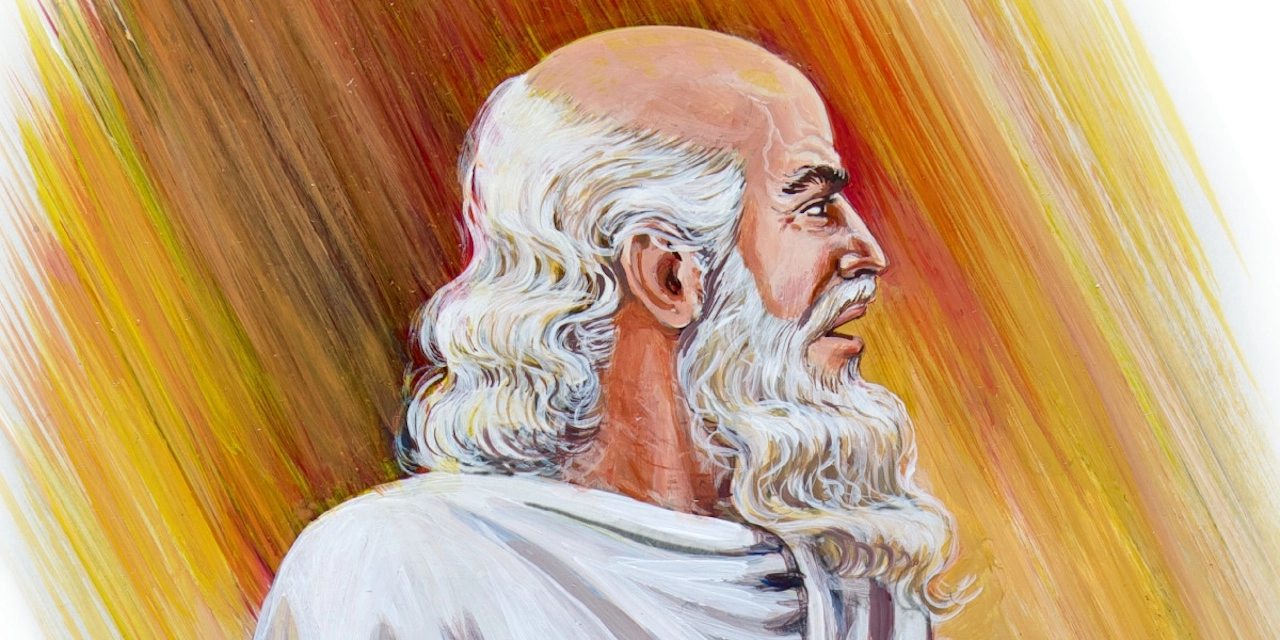In the vast expanse of biblical narratives, the figure of Enoch stands as a mysterious and captivating character. His story, found in the Book of Genesis, is brief yet profoundly intriguing, painting a portrait of a man who walked with God in a world undergoing profound changes.
I. Introduction: Enoch's Brief Mention in Genesis
Enoch is introduced in Genesis 5:21-24, a passage nestled within the genealogy from Adam to Noah. While most genealogies primarily list names and ages, Enoch's entry is distinct—it mentions that he walked with God and, unlike others, did not experience death.
II. Enoch's Unique Walk with God
The phrase "walked with God" is significant. In the biblical context, walking with God conveys a close and intimate relationship, suggesting a life lived in harmony with divine principles. Enoch's walk with God becomes a distinguishing feature in a world where humanity's connection with the divine was undergoing complex dynamics.
III. The Context of Enoch's Time
Enoch's life unfolds in a period of profound spiritual and moral shifts. The descendants of Adam were increasing on the earth, and the narrative hints at a growing separation between the righteous and the unrighteous. Enoch emerges as a beacon of righteousness in this evolving landscape.
IV. Enoch's Prophecy: A Glimpse into the Future
Jude 1:14-15, a New Testament passage, provides a fascinating insight into Enoch's prophetic role. It attributes a prophecy to him, speaking of the Lord coming with myriads of his holy ones to execute judgment. This glimpse into the future underscores Enoch's role not only as a righteous figure in his time but also as a prophet with insights into the unfolding divine plan.
V. Mysterious Translation: Enoch's Unique Fate
The brevity of Enoch's story is accentuated by a mysterious event—he was not, for God took him. This enigmatic translation sets Enoch apart from the regular course of human life and death. His fate becomes a subject of curiosity and theological exploration, with various traditions and interpretations offering perspectives on the nature of Enoch's encounter with the divine.
VI. Enoch in Ancient Jewish Literature
Enoch's story expands in ancient Jewish literature, particularly in works like 1 Enoch. These texts, considered apocryphal or pseudepigraphal, elaborate on Enoch's experiences, visions, and interactions with celestial beings. While not part of the canonical Bible, these writings provide additional layers to the enigma of Enoch's life.
VII. Enoch in Christian and Islamic Traditions
Enoch's presence extends beyond Judaism into Christian and Islamic traditions. In Christianity, he is mentioned in the Epistle to the Hebrews as an exemplar of faith. In Islam, Enoch, known as Idris, is regarded as a prophet. Across these traditions, Enoch's story resonates as a symbol of piety and divine favor.
VIII. Lessons from Enoch's Life
Enoch's brief narrative invites reflection on themes of intimacy with the divine, prophetic insight, and a life marked by righteousness. His story challenges individuals to cultivate a deep, abiding connection with God amid the complexities of their own times.
IX. Enoch's Legacy: A Call to Intimacy with the Divine
Enoch's legacy endures as a call to intimacy with the divine—a call to walk with God in a world that often tempts with divergent paths. His life, though shrouded in mystery, serves as an inspiration for those seeking a profound and transformative connection with the divine.
X. Enoch, a Symbol of Spiritual Journey
In the mosaic of biblical characters, Enoch stands as a symbol of a spiritual journey—an individual who, in the midst of a changing world, chose a path of righteousness and closeness to God. His story, though succinct, echoes through the corridors of religious traditions, inviting believers to embark on their own journeys of walking with the divine.




